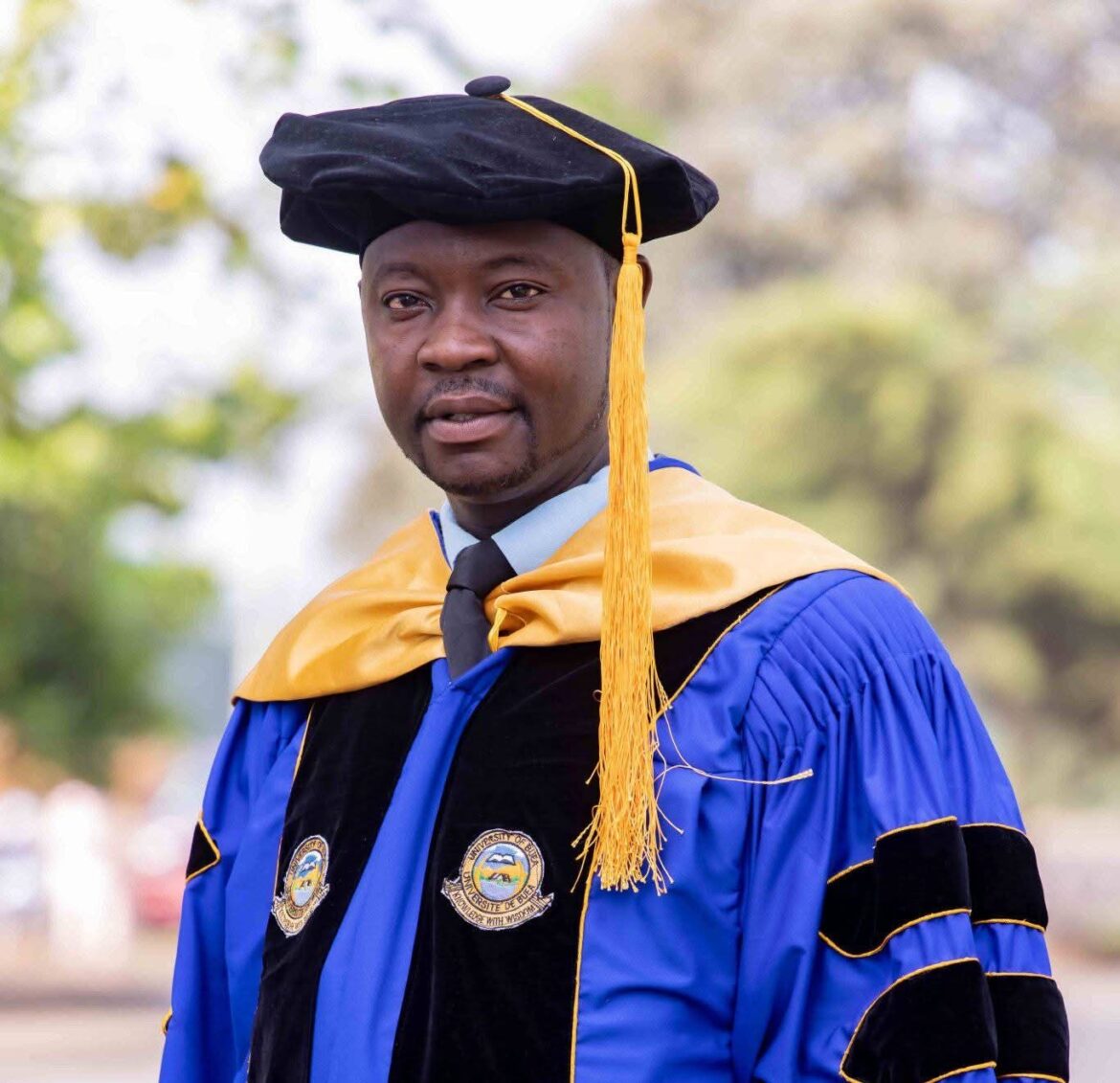As Cameroon prepares for its upcoming presidential election, political scientist and University of Buea lecturer, Dr. Munjah Vitalis, has issued a stark warning, saying the potentially large number of candidates may not signify democratic health, but rather a “hollow form of democracy” serving to entrench existing power structures.
Dr. Munjah Vitalis, in a recent opinion piece, argues that in “transitional democracies or societies like ours,” a proliferation of presidential candidates often creates a “performative illusion of choice.” He argues that this spectacle obscures the true concentration of power.
“What seems like pluralism,” Dr. Munjah writes, “is frequently a fragmented field of weak candidates allowed by entrenched elites.” The purpose of this fragmentation, he suggests, is threefold: to weaken any unified opposition, confuse voters with numerous options, and ultimately uphold an “undemocratic status quo.”
So far, over 30 so-called candidates have dropped files at the election management body, ELECAM, to register their intentions to contest for the highest office in Cameroon.
The analyst warns that this dynamic transforms elections into “ritualistic exercises lacking real alternatives,” devoid of the meaningful debate essential for a thriving democracy. The consequence, he predicts, is “growing public disillusionment and a loss of democratic trust.” He describes a dangerous scenario where “democratic structures remain, but the true democratic spirit fades.”
Dr. Munjah’s critique directly challenges the narrative that a high number of candidates inherently signifies a vibrant democracy, particularly in contexts like Cameroon. His analysis implies that the apparent openness might be a calculated strategy by those already in power to maintain control by diluting opposition votes and undermining faith in the electoral process itself.
Cameroon, under President Paul Biya, who has been in power for over four decades, typically sees multiple candidates contest presidential elections. This, to the dissatisfaction of many voters and critics who like Dr Munjah, see it as weakness rather than something to be applauded.
The electoral landscape is often marked by significant challenges, including restrictions on opposition activities and concerns about electoral fairness raised by international observers and domestic groups.
Dr. Munjah’s commentary injects a provocative perspective into the pre-election discourse, framing the potential abundance of candidates not as a strength, but as a potential symptom of a deeper democratic deficit threatening the credibility of the vote and the nation’s political future. His warning of “democratic spirit” fading resonates amidst persistent concerns about governance and political freedoms in the country.
So far, the turning out of numerous characters and personalities, some of whom, to say the least, appear like disturbed persons, has rather made the whole thing look like a charade.
Far from galvanising voters to be eager about the October 12 Presidential election, the charade is making the whole thing look like a big joke where serious persons, clowns and spoilers display for the entertainment of a people eager for change and not laughs.
So far, over 50 persons have submitted files to run for the October 12 presidential elections in Cameroon.
By Andrew Nsoseka

